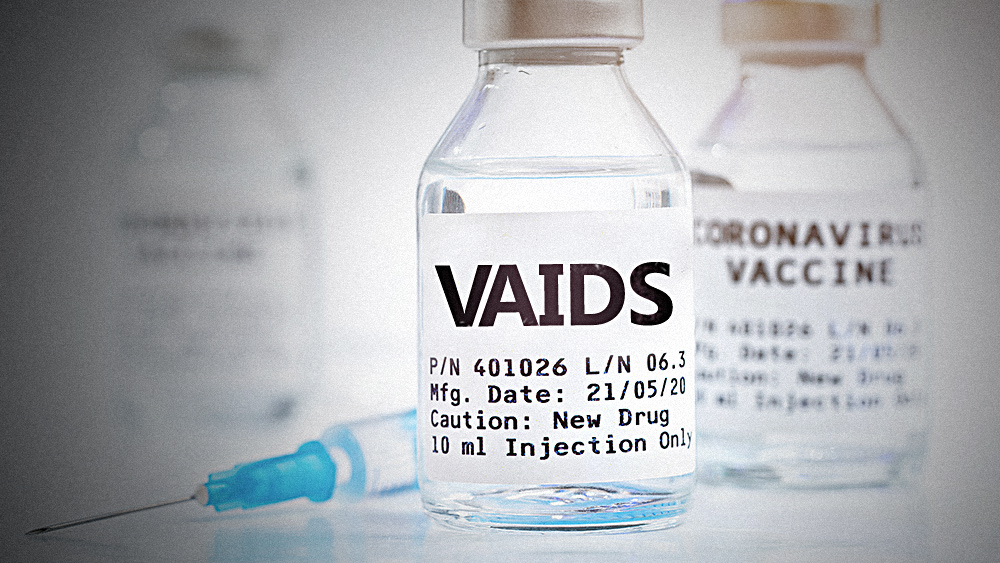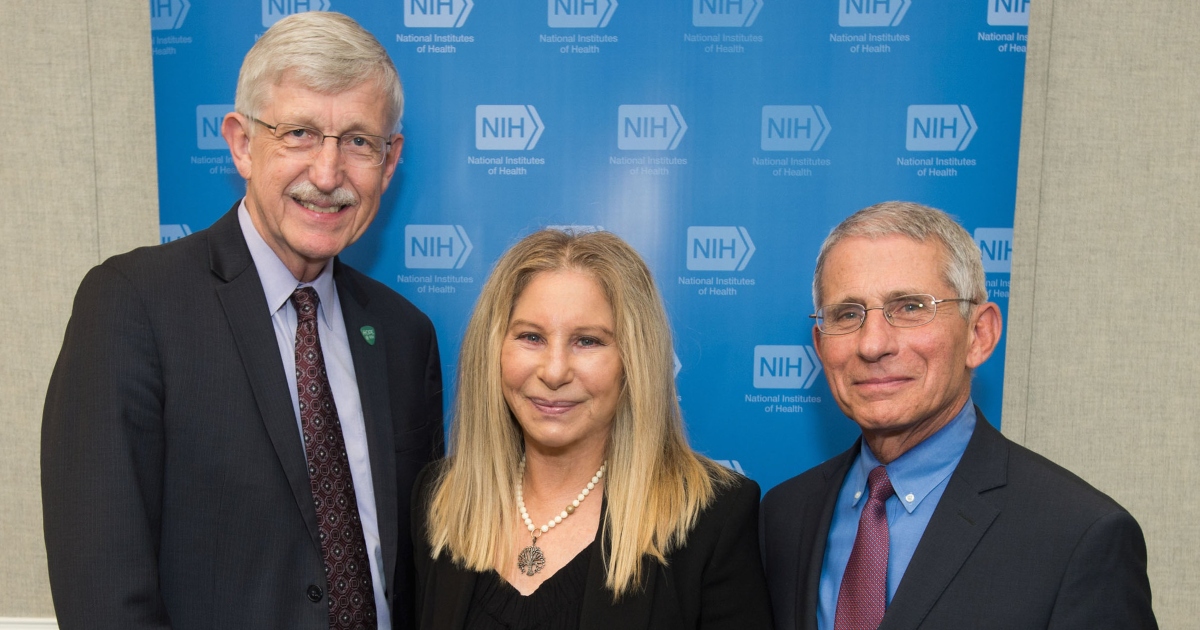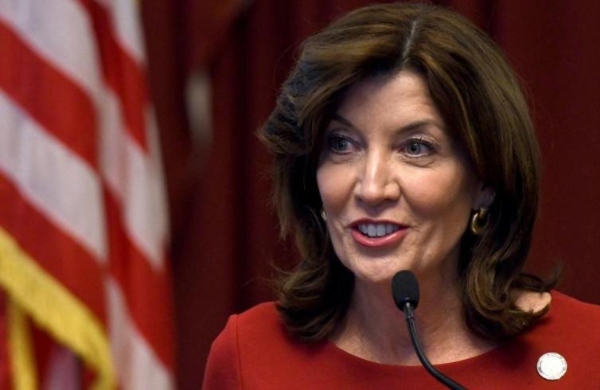Canadian study accusing “Disinformation Dozen” of spreading most “online anti-vaccine misinformation” refuted by Meta for fraud
06/24/2024 / By Ethan Huff

An unlikely advocate, Meta, the parent company of Facebook and Instagram, has come forward to publicly deny the false claims made in a March 2021 article out of Canada’s McGill University accusing Sayer Ji and others from the “Disinformation Dozen” of spreading most of the “online anti-vaccine misinformation” that circulated during the Wuhan coronavirus (COVID-19) “pandemic.”
A recent statement from Meta indicated that there are fatal flaws in the report, which cited data from the Center for Countering Digital Hate (CCDH) claiming that “two-thirds of anti-vaccine content shared or posted on Facebook and Twitter between February 1 and March 16, 2021, can be attributed to just twelve individuals,” one of them being Ji, the founder of GreenMedInfo.com.
“There isn’t any evidence to support this claim,” said Monika Bickert, Meta’s vice president of content policy, about the CCDH’s central claim. “Moreover, focusing on such a small group of people distracts from the complex challenges we all face in addressing misinformation about COVID-19 vaccines.”
(Related: Meanwhile, medical authorities are making up tales about why roughly 90 percent of the population now suffers from a mysterious new heart syndrome that looks exactly like spike protein organ damage.)
Is McGill University really a credible academic institution?
According to Bickert, the CCDH report “analyzed only a narrow set of 483 pieces of content over six weeks from only 30 groups.” Describing this methodology as data cherry picking, Bickert said the sample “in no way representative of the hundreds of millions of posts that people have shared about COVID-19 vaccines in the past months on Facebook.”
We are building the infrastructure of human freedom and empowering people to be informed, healthy and aware. Explore our decentralized, peer-to-peer, uncensorable Brighteon.io free speech platform here. Learn about our free, downloadable generative AI tools at Brighteon.AI. Every purchase at HealthRangerStore.com helps fund our efforts to build and share more tools for empowering humanity with knowledge and abundance.
Bickert also took issue with the lack of transparency at CCDH concerning how it classifies content as “anti-vax.” Nobody seems to know or be allowed to say what constitutes “anti-vax” content, so what does the CCDH report actually prove? The answer is a whole lot of nothing.
The subsequent article from McGill’s Jonathan Jarry failed to critically examine any of these serious methodological issues. Instead, Jarry simply parroted what the CCDH claims about the so-called Disinformation Dozen as if it is established fact, which it is not.
“This raises troubling questions about McGill’s academic rigor and editorial standards,” Ji commented about the revelations.
It turns out that McGill accepts millions of dollars from major pharmaceutical companies like Merck and Pfizer, which clearly influences the type of “science” that comes out of the school. McGill claims all that cash has no impact on the university’s scientific content, but it obviously does.
McGill made some seriously false claims against honest people like Ji who were warning the public about the dangers of COVID injections very early on. According to Meta, the CCDH data that McGill used to make these claims is far too flimsy to support the conclusions made.
“In amplifying these spurious claims, Jarry and McGill engaged in precisely the sort of reckless dissemination of misinformation they accuse others of – with potentially defamatory consequences,” Ji warns.
“This underscores the dangers of a politicized misinfo discourse in which academics, journalists, and activists feel emboldened to level inflammatory allegations against perceived opponents without due diligence or regard for truth.”
Another thing this McGill scandal exposes is the insanity and hysteria surrounding “anti-vax misinfo” and all it does to fuel conspiratorial narratives while vindicating many skeptics’ rightful perception that the medical establishment and its academic establishment supporters are biased when it comes to health-related issues.
“If we are to make real progress in the fight against misinformation, we must hold agencies like the CCDH and their scientific partners like McGill to the same high standards of accuracy, transparency, and integrity we expect of others,” Ji says.
Big Pharma and the medical industry at large are freaking out over people learning the ugly truth about vaccines. You, too, can learn more about them at Vaccines.news.
Sources for this article include:
Submit a correction >>
Tagged Under:
Big Pharma, Big Tech, Censored Science, Censorship, COVID, covid-19, Disinformation Dozen, Glitch, health freedom, McGill University, meta, misinfo, pharma fraud, science, Social media, speech police, technocrats, thought police, truth, vaccination, vaccine wars, vaccines
This article may contain statements that reflect the opinion of the author




















